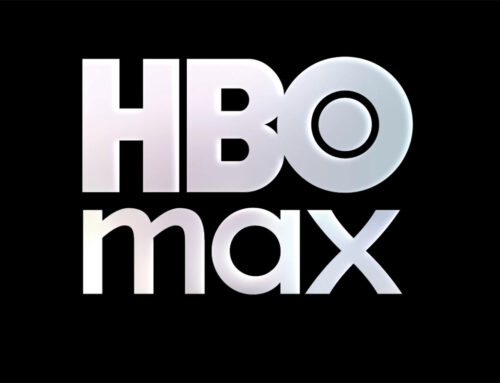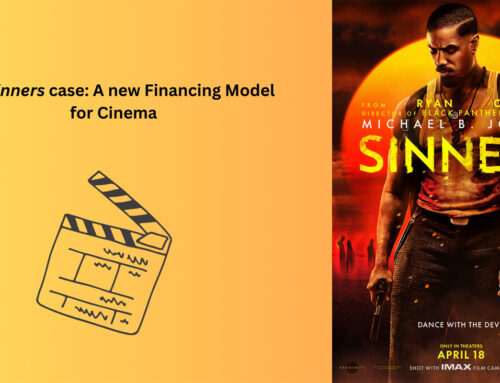AI Music Generators Face Legal Battle from Major Record Labels
AI music startups Suno and Udio AI are facing a major lawsuit from top record labels, including Universal, Sony, and Warner, over copyright infringement claims. This case, seen as potentially precedent-setting for various creative industries, could either reinforce the labels’ market dominance or significantly impact their assets and relevance to artists.
Rather than seeking to dismiss the claims, Suno and Udio have chosen to move directly into the discovery phase, a bold strategy that could lead to high-stakes trials and potentially billions of dollars in damages. This approach appears to be guided by their legal teams: Udio is represented by Alex Spiro of Quinn Emanuel, known for his high-profile defense work, while both startups are also advised by Andrew Gass and Sy Damle of Latham & Watkins, experts in defending AI entities.
The startups are positioning the case not as a copyright issue but as a fight over market control. In their initial statements, they accuse the record labels of monopolistic behavior aimed at stifling innovation. They argue that AI has democratized creativity, enabling new music creation by diverse groups, from musicians to the general public. Suno’s filing suggests that while the company views AI as a tool for innovation, the labels see it as a threat to their market share.
The defense teams may also be trying to portray the record labels as aggressors, suggesting the lawsuits are less about piracy concerns and more about limiting competition. The stakes are high for both sides. A win for the labels could strengthen their position in future licensing negotiations, while a loss might weaken their hold over the industry.
The labels view AI as a potential disruptor on the scale of Napster, which revolutionized music distribution in the early 2000s. Suno and Udio have secured significant funding, with Suno raising $125 million and Udio $10 million, supported by venture capital firms like Andreessen Horowitz. In their defense, Suno has drawn parallels to Taylor Swift’s decision to re-record her music, arguing that if copyright law permits nearly identical re-releases, it should also allow AI-generated music that mimics existing styles. The startups also note that sound recordings were not protected by federal copyright law until the 1970s, suggesting that current laws are not suited to restrict innovation in AI-generated music.
This lawsuit is part of a broader legal landscape involving AI and copyright, including a significant case between Thomson Reuters and Ross Intelligence. These cases will likely clarify what constitutes original content deserving copyright protection and how fair use applies to AI-generated works. The outcomes could reshape the future of content creation across multiple industries, not just music.
Source: Time
Share:
AI music startups Suno and Udio AI are facing a major lawsuit from top record labels, including Universal, Sony, and Warner, over copyright infringement claims. This case, seen as potentially precedent-setting for various creative industries, could either reinforce the labels’ market dominance or significantly impact their assets and relevance to artists.
Rather than seeking to dismiss the claims, Suno and Udio have chosen to move directly into the discovery phase, a bold strategy that could lead to high-stakes trials and potentially billions of dollars in damages. This approach appears to be guided by their legal teams: Udio is represented by Alex Spiro of Quinn Emanuel, known for his high-profile defense work, while both startups are also advised by Andrew Gass and Sy Damle of Latham & Watkins, experts in defending AI entities.
The startups are positioning the case not as a copyright issue but as a fight over market control. In their initial statements, they accuse the record labels of monopolistic behavior aimed at stifling innovation. They argue that AI has democratized creativity, enabling new music creation by diverse groups, from musicians to the general public. Suno’s filing suggests that while the company views AI as a tool for innovation, the labels see it as a threat to their market share.
The defense teams may also be trying to portray the record labels as aggressors, suggesting the lawsuits are less about piracy concerns and more about limiting competition. The stakes are high for both sides. A win for the labels could strengthen their position in future licensing negotiations, while a loss might weaken their hold over the industry.
The labels view AI as a potential disruptor on the scale of Napster, which revolutionized music distribution in the early 2000s. Suno and Udio have secured significant funding, with Suno raising $125 million and Udio $10 million, supported by venture capital firms like Andreessen Horowitz. In their defense, Suno has drawn parallels to Taylor Swift’s decision to re-record her music, arguing that if copyright law permits nearly identical re-releases, it should also allow AI-generated music that mimics existing styles. The startups also note that sound recordings were not protected by federal copyright law until the 1970s, suggesting that current laws are not suited to restrict innovation in AI-generated music.
This lawsuit is part of a broader legal landscape involving AI and copyright, including a significant case between Thomson Reuters and Ross Intelligence. These cases will likely clarify what constitutes original content deserving copyright protection and how fair use applies to AI-generated works. The outcomes could reshape the future of content creation across multiple industries, not just music.
Source: Time









